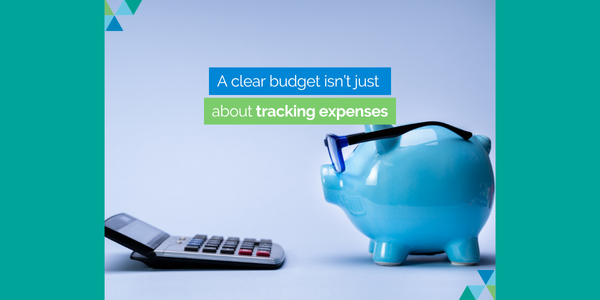COVID-19 and going concern

COVID-19 AND GOING CONCERN
COVID-19 is having an unprecedented impact on the economic outlook for Australian and global economies.
For 31 December balance date, many NFPs for the first time will be required to consider in more detail their solvency and ability to continue operating as a going concern.
Surprisingly, there are only two paragraphs in AASB 101
Presentation of Financial Statements
that
directly
address the going-concern basis:
'25 When preparing financial statements, management shall make an assessment of an entity's ability to continue as a going concern. An entity shall prepare financial statements on a going concern basis unless management either intends to liquidate the entity or to cease trading or has no realistic alternative but to do so. When management is aware, in making its assessment, of material uncertainties related to events or conditions that may cast significant doubt upon the entity's ability to continue as a going concern, the entity shall disclose those uncertainties. When an entity does not prepare financial statements on a going concern basis, it shall disclose that fact, together with the basis on which it prepared the financial statements and the reason why the entity is not regarded as a going concern.'
'26 In assessing whether the going concern assumption is appropriate, management takes into account all available information about the future, which is at least, but is not limited to, twelve months from the end of the reporting period. The degree of consideration depends on the facts in each case. When an entity has a history of profitable operations and ready access to financial resources, the entity may reach a conclusion that the going concern basis of accounting is appropriate without detailed analysis. In other cases, management may need to consider a wide range of factors relating to current and expected profitability, debt repayment schedules and potential sources of replacement financing before it can satisfy itself that the going concern basis is appropriate.'
To help with this assessment, the Australian Accounting Standards Board and the Auditing and Assurance Standards Board have released a new 27-page publication The Impact of COVID-19 on Going Concern and Related Assessments . It provides an overview of directors' and management's responsibilities. They are:
- Duties in relation to assessments of solvency and going concern, how these concepts interact and how they might be affected by COVID-19, and
- Responsibilities to assess whether the going-concern basis of preparation is appropriate and how this affects preparation and disclosures in financial statements.










